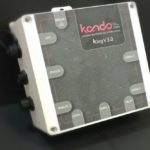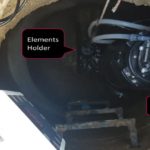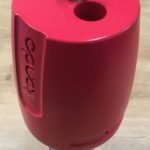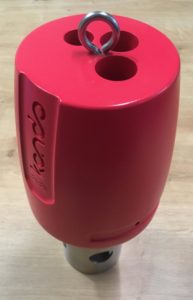
The robust KANDO Smart Unit is an innovative solution used to track industrial discharges and illicit connections in sewer networks by leveraging Internet of Things (IoT) technology and data analytics. It combines several flexible units for real-time water quality monitoring with multi-parameter sensors and automatic sampling.
The solution enables reduction of pollution impacts by continuously detecting sources of pollution across the city. It can pin-point the location of illicit connections and automatically identify pollution events using distributed predictive analytics, cloud transmission and visualisation. In parallel, Berliner Wasserbetriebe (BWB) will test a sensor system based on electrical conductivity (EC). Wastewater contamination in storm water causes a concentration shift of dissolved ions, which is directly measurable by electric conductivity.
Challenges
Illicit connections are incorrect connections between the sanitary sewage system and the storm sewer system. They lead to raw sewage discharges into the storm sewer and on into the receiving water body without treatment. In most cities, illicit connections are a significant source of pollution for surface waters. Illicit connections primarily arise due to unintentional errors during the construction of the sewer system or during renovations.
The main challenge in searching for illicit connections is the time and effort required to investigate large lengths of storm sewer systems. The search is like looking for a needle in a haystack: the storm sewers are hundreds of kilometres in length, and illicit connections only discharge irregularly and intermittently. The number of illicit connections in an area is generally unknown, and can vary widely.
Limitations of current practices
Illicit connections are known to be an important contributor to bacterial contamination in receiving water. However, no cost-effective and reliable method exists today to support utilities in tracking illicit connections for upgrading sewer network management and reducing environmental contamination.
Technologies currently used to search for misconnections in sewer systems include CCTV sewer inspection (e.g. IBAK), colour marking of household effluents, smoke detection and Outfall Reconnaissance Inventory. However, these methods generally demonstrate poor accuracy for tracking illicit connections (i.e. have a small chance of actually finding and locating an illicit connection in an area) and require high operating expenditure due to the extensive operational staff resources needed.
Innovation
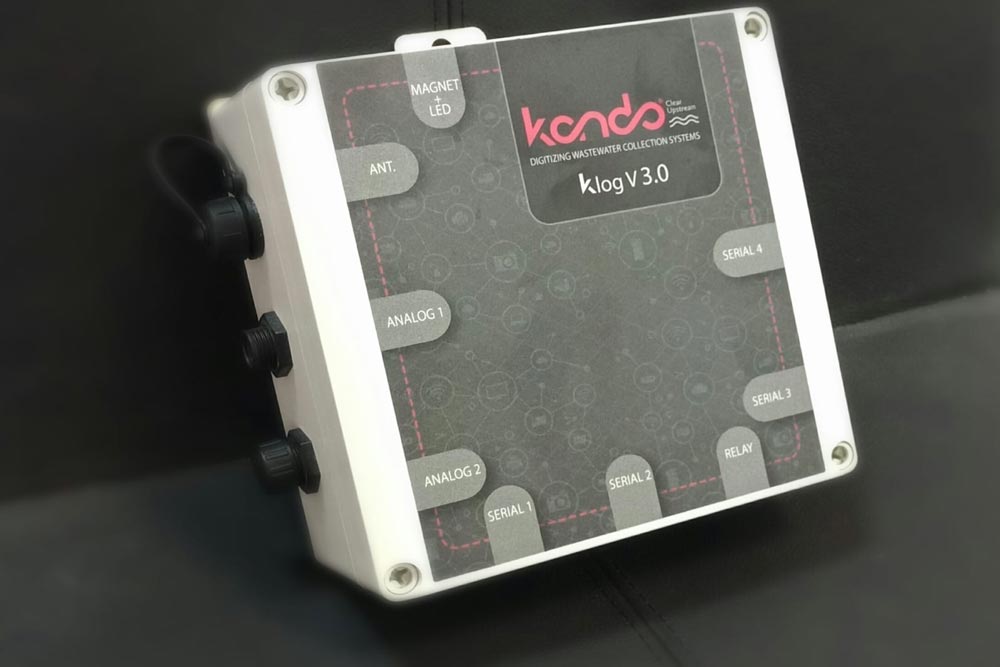
The Smart Unit by KANDO is a new service for screening of illicit connections hotspots relying on real-time monitoring in stormwater network and predictive analytics.
It integrates robust IoT sensor information on wastewater quality with a software solution and GIS data to track the contamination source. The cloud-based dashboard provides an interactive overview of the network situation and allows the utility to pin-point the location of illicit connections. It sends push notification alerts to track pollution events in real-time.
City tests
The Smart Units by KANDO and the EC sensors by BWB are demonstrated in Berlin in a separate sewer system catchment located in the central-western part of the city. The catchment has an area of 220 ha, a sewer length of 39 km, around 800 manholes and approximately 1,500 house connections. The settlement structure with 27,000 inhabitants shows a variety in population density and land use.
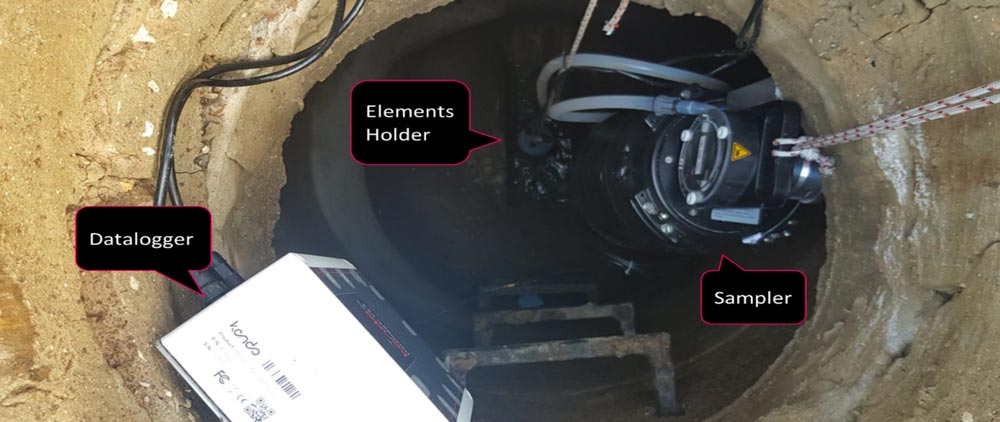
The solution acts as a hotspot screening method for identifying a part of a catchment with a high indication for illicit connection. Starting at the outlets, sensors can be iteratively re-located upstream until a hotspot is localised. As a second step, digital temperature sensing (DTS, digital solution 8) will be applied to all sewers within a hotspot region to identify the exact location(s) of illicit connections.
The Smart Unit solution is already successfully deployed for tracking industrial discharges and is being tested for the first time to identify illicit connections.
Contact solution
KANDO – Ricardo Gilead Baibich: caco@kando.co.il
BWB – Michel Gunkel : michel.gunkel@bwb.de

